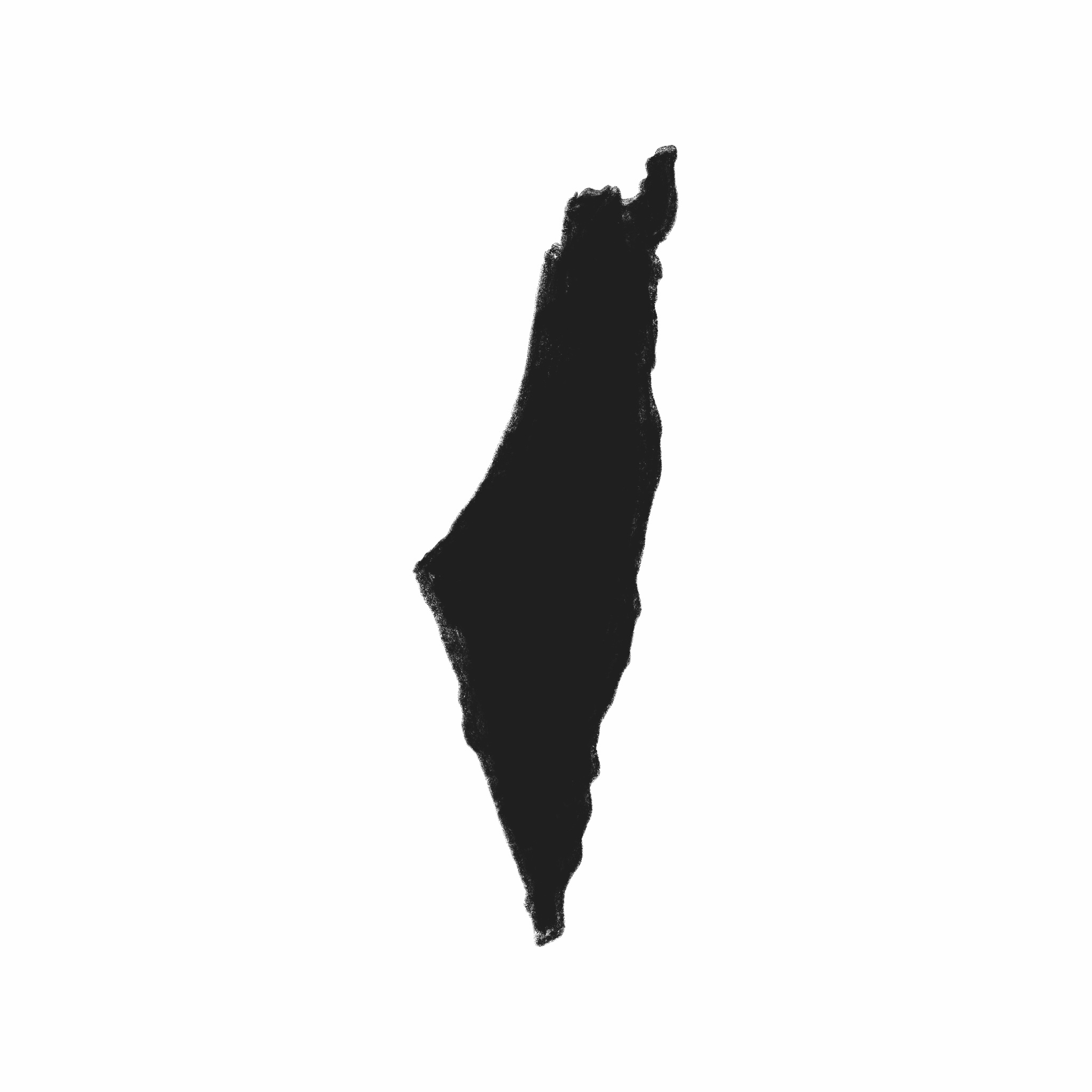A devastation of values
February 21, 2025
 This
piece represents the opinion of the author
.
This
piece represents the opinion of the author
.
 Henry Abbott
Henry Abbott
Thus ends the first paragraph of my acceptance letter to Bowdoin. Now, just over two years later, I cannot help but feel as though this document is simply a series of hollow words. A school that prides itself on a notion of the common good, who looked at me, a first-generation student, and told me my perspective mattered…
The moment I tried to share my perspective alongside other students, fighting for institutional transparency at the bastion of education I idealized for so long, I became a villain in the eyes of my school. I watched the school suspend some of my closest friends for nothing more than failure to comply. The school that posts about how Martin Luther King Jr. came to its institution once, who shouts out our alumni trying to make a difference, shuts the door (in a quite literal manner) on the students who want to see the school become the best it can be.
Now, I think of the times when President Zaki put the very financial aid that allowed me to blind myself to some of these injustices on the line. It was easy to look at the college practically funding my education and brush off these historical injustices, but I can no longer. I think of when I, a student who dreams to study and track the perceptions and organization of labor, watched the school equate organizational changes and unionization with a loss of aid for those same students and more. I scoffed whenever the school threatened the aid of students if the referendum were to pass (one year later I remain hesitant that this ever would have been the case, at least in good faith). I hear stories of neglect by the administration, whether that be for racial justice or for help being taken to the doctor.
I can no longer keep blinding myself to injustice.
As war continues in the Gaza Strip—as it rages on across the world—I see mentors, friends and peers of mine assume my values and condemn me, so I seek to set this straight.
I am anti-imperialist. I am anti-governmental occupation. I would go so far as to say that I am anti-nationalist. (I believe nationalism creates a very, very easy bridge to cross over to authoritarianism.) I am for the people—all the people—and I am anti-repression. I believe everybody has a right to feel safe, but I do not believe that safety should come at the cost of ethnic targeting, using war tactics against civilians or violations of human rights. This happens all over the world, but when one organizes, sometimes you must be able to recognize what will mobilize. Our fight was, and is, part and parcel of a much larger issue. According to the Early Warning Project, dozens of countries are on genocide warning or emergency statuses, and I stand against all of those. So do not make assumptions about why I fight the way I do.
I sit here now, and I realize my devastation is built on assumptions about the school. That it would at least hear out protest. That it would engage in good faith. That it truly valued me for my spunk and fight, not for the lip service I could pay to it.
My values are built on the bones of those who fought for me before. I think of Stonewall, when a group of queers fought against the police together in the face of repression. I think of Judy Heumann, leading a sit-in and organizing her community to make sure her fellow disabled peers could continue to fight for their rights. I wasn’t even fighting for something so large.
I fought for disclosure. As a student, I feel I shouldn’t have to simply be okay with my money going to militaristic purposes (even if it’s defense; I believe that the U.S. Military has plenty to get by without a small liberal arts college’s tuition dollars). I shouldn’t have to simply live with the fact that my and my peers’ money could be actively going toward genocide and conflict on the other end of the world, whether it be Palestinians, Armenians, Cubans or anyone else. I should not have to set aside my basic morals and values to have an opportunity to reach my dream of becoming a professor of social history.
As it stands, there are more websites online about how to push for disclosure than there are that can even give the number of schools that have disclosed. This is a systemic issue, but I trusted Bowdoin to at least be more inclined to recognize those systemic issues and make some stand. Now I stand here, and I know it hasn’t.
This college pushed the common good and praised me for my activism and care. But I couldn’t, in good faith, say that they are currently standing on behalf of the good.
Elias McEaneney is a member of the Class of 2027.

Comments
Before submitting a comment, please review our comment policy. Some key points from the policy: